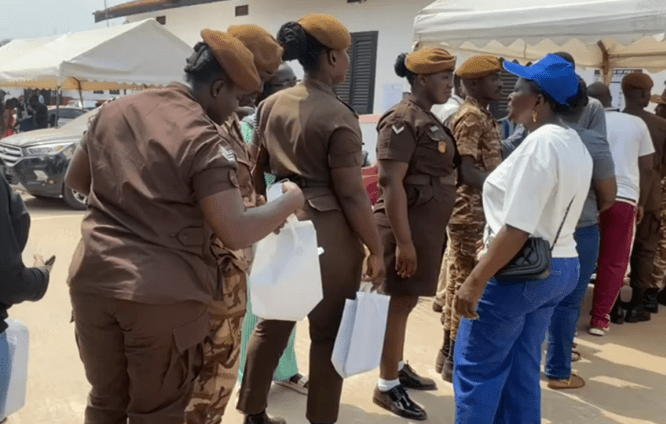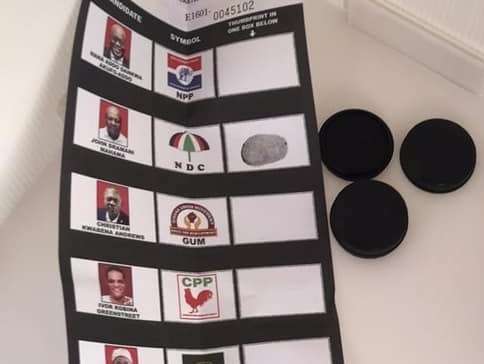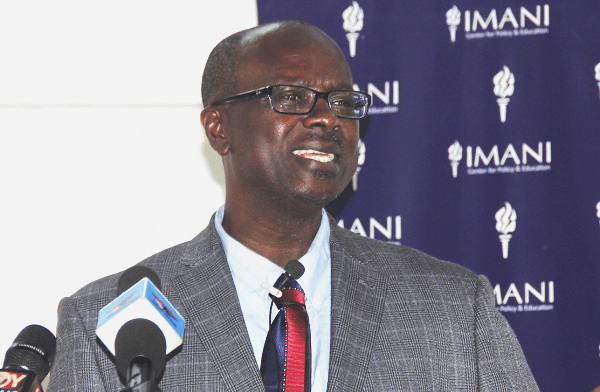A renowned Legal Activist and Democracy and Development Fellow in Public Law and Justice at the Centre for Democratic Development (CDD-Ghana), Professor Stephen Kweku Asare has cautioned against the creeping normalization of “treating” in Ghana’s electoral process.
His concerns underscore a critical need for citizens, electoral bodies, and law enforcement agencies to confront and reject this growing menace, which threatens the integrity of Ghana’s democratic fabric.
“GOGO struggles to see the difference between a candidate camped near a voting precinct, handing out rice and stew to voters as they queue to cast their ballots, and a plaintiff camped near a judges’ conference room, handing each judge a goat as they enter to deliberate on his case”.
Professor Stephen Kweku Asare, D&D Fellow in Public Law and Justice, CDD-Ghana
Treating—offering material incentives to voters during elections—undermines the sanctity of the ballot. Professor Asare strongly asserted that allowing treating to persist would erode the dignity of Ghana’s democracy and commodify the electoral process.
Professor Asare warned that such practices are not isolated incidents but reflect a systemic failure that has been normalized by public indifference and lax enforcement of laws.

He pointed out that by distributing gifts to sway voters, politicians tarnish the credibility of the electoral process, reducing elections to transactional exchanges rather than contests of ideas and vision.
Ballot Selfies and Their Role in Vote Commodification
Another troubling practice highlighted by Professor Asare is the rise of ballot selfies. He condemned the act as a form of treating, describing it as a tool used by voters to provide evidence of their choices to “cash out” after voting.
This practice, he explained, further entrenches the commodification of votes and fosters an environment where electoral outcomes are influenced not by democratic choice but by financial incentives.
He emphasized that ballot selfies, which serve no legitimate purpose in the electoral process, not only violate the principle of the secret ballot but also expose voters to undue external influence.
The normalization of such practices, he noted chips away at the foundations of democracy, substituting integrity with opportunism.

A Call to Action
Professor Asare called on the Electoral Commission (EC) and law enforcement agencies to act decisively in enforcing laws against treating.
“The integrity of our elections and the dignity of our democracy depend on our collective refusal to accept such corrupt practices as the norm”, Professor Asare remarked urging state institutions to exhibit boldness in safeguarding the sanctity of elections.
Ghana’s democracy hailed as a beacon in Africa according to him risks losing its shine if such practices are allowed to persist unchecked.
He pointed out that the time to act is now. “At some point, Ghanafuo must rise and declare, “This goes too far”, urging Ghanaians to, to reject the commercialization of electoral choices and hold politicians accountable to higher standards.
Failure to act decisively, he feared risks turning Ghana’s democracy into a mere façade, where votes are bought, and power is transactional.




















